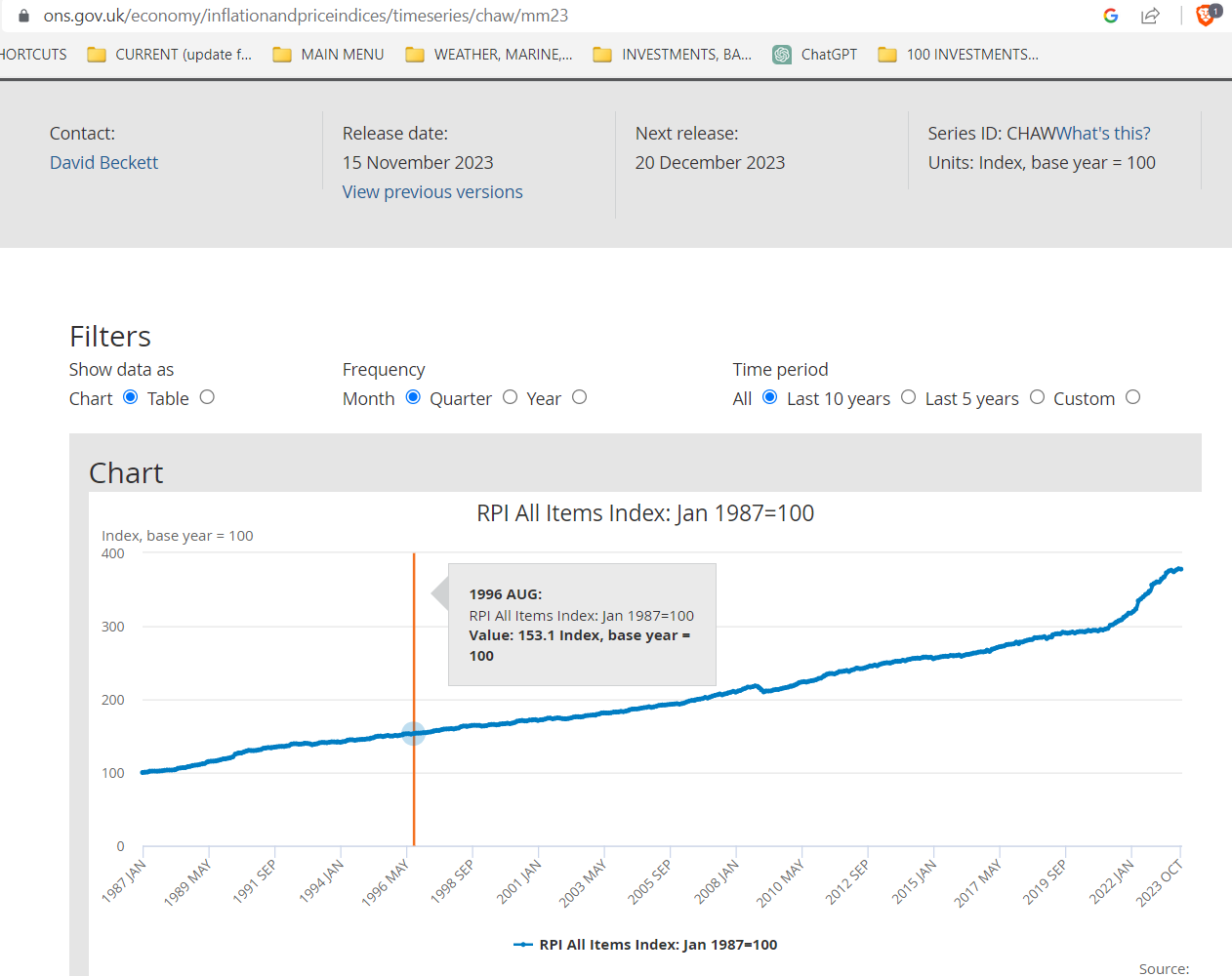Our live coverage of the Autumn Statement is now complete. Read on to find out what was said, what the announcements could mean for your money and how markets reacted.
First up, phew…
The Chancellor has got through an Autumn Statement without causing mass market panic, so already that’s an improvement on this time last year. The FTSE was down slightly and the sterling flat against the dollar.
Jeremy Hunt went into the statement with an anticipated £25bn of cash to play with, courtesy of the ‘stealth tax’ imposed in the spring Budget by the freezing of the income tax threshold. Inflation and wage growth alongside this tax threshold freeze has led to fiscal drag, which means more people are paying tax at a higher rate, thus topping up the government’s coffers and giving some financial headroom for tax cuts.
That’s good news for those playing politics. There is a general election next year and the government has been in need of some positive news to share with potential voters. The measures set out in this statement feel like an attempt to appease the population before they head to the polls.
Here are mine and Paul’s thoughts on some of the highlights:
Business tax updates
In what is rather generously being called the “biggest business tax cut in modern British history”, Hunt has announced a permanent extension of the full expensing scheme which was due to end in 2026.
Under the scheme businesses can deduct all spending on IT equipment, plant or machinery from taxable profits, saving them an estimated £9bn in collective taxes every year.
But there is no reduction in the overall corporate tax rate (currently sitting at 25%) which many companies in the UK crave. Hunt says that the corporate tax rate is currently the most generous in the G7, but proponents for a lower corporate tax rate argue that companies are being incentivised to move to countries where corporate tax rates are lower. It’s an especially pressing problem in Northern Ireland where, just over the border, companies pay a corporate tax rate of 12.5%.
The self-employed will be pleased to see a removal of the compulsory Class 2 National Insurance and the cutting of the Class 4 National Insurance from 9% to 8% - measures that are expected to save 2 million self employed people an average of £350 per year.








